See how Muslims around the world started the Ramzan fast

The holy month of Ramzan began on Monday for most of the world's 1.2 billion Muslims. Observant Muslims around the world will be fasting during daylight hours for a month now. The fast emphasises on personal discipline and spirituality.
The word 'Ramzan', literally means 'scorching' in Arabic, marks the ninth month of the Islamic calendar. After the Quran was revealed to Prophet Muhammad in 610 CE on the occasion known as Laylat al-Qadr, frequently translated as 'the Night of Power', Ramzan was established as the holy month.
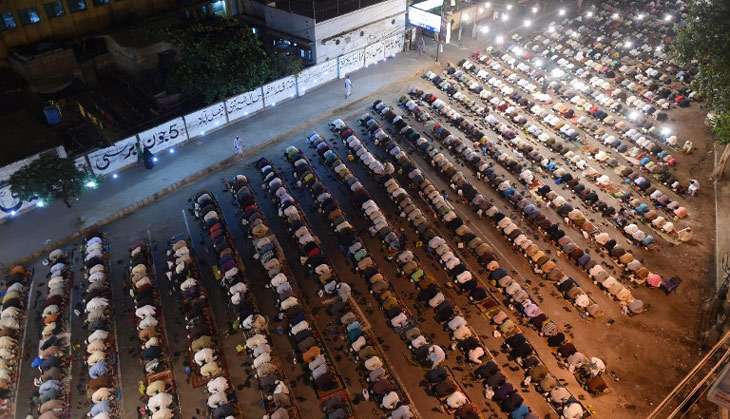
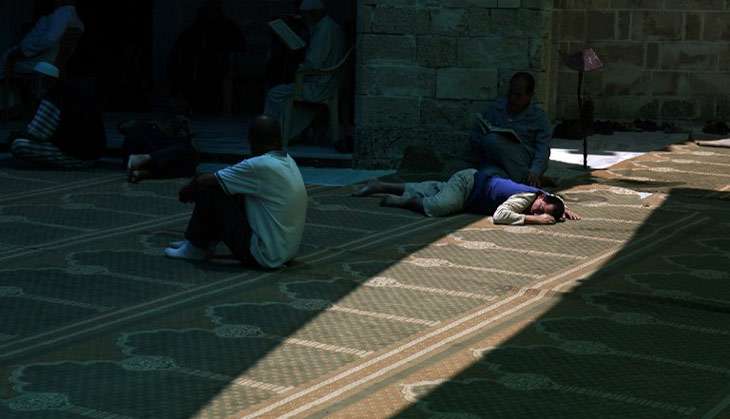
Fasting during Ramzan is one of the five pillars of Islam, along with the Muslim declaration of faith, daily prayers, charity and performing the Hajj pilgrimage to Mecca.
In most Middle Eastern countries the new moon of Ramzan was spotted on Sunday evening.
Countries like Indonesia, Singapore, Lebanon, Syria, Qatar, Kuwait, Jordan, Egypt, the United Arab Emirates, Saudi Arabia, Afghanistan and Palestinian territories begin fasting on Monday.
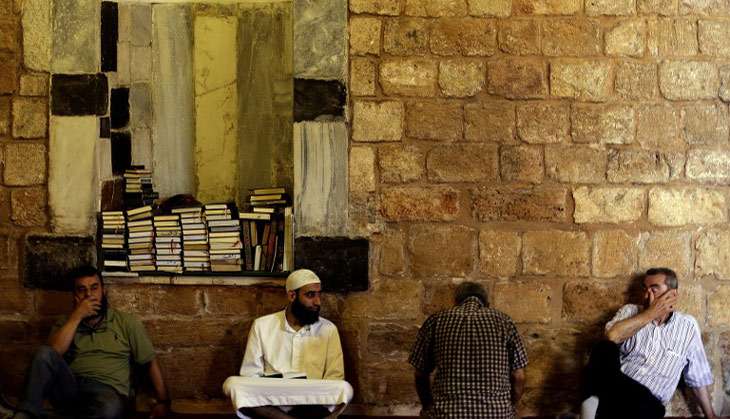
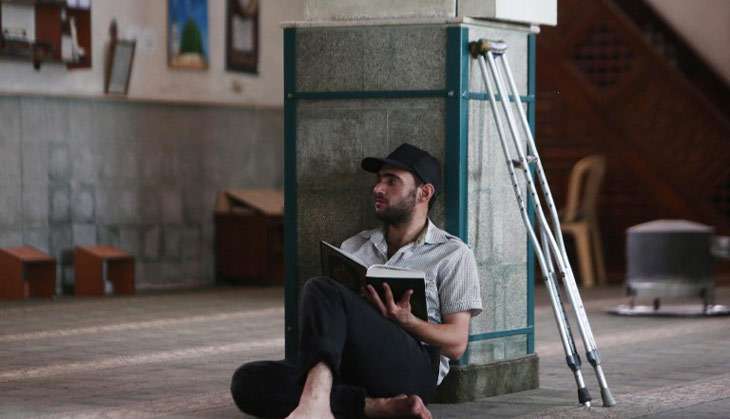
The sighting of the new moon marks the beginning of the Muslim lunar month that varies between 29 and 30 days. The closure of Ramzan is marked by a religious celebration, Eid ul-Fitr, which takes place roughly 30 days after the beginning of the month.
In the month of Ramzan, Muslims also offer evening prayers known as 'taraweeh', while free time during the day is often spent reading the Quran and listening religious lectures.
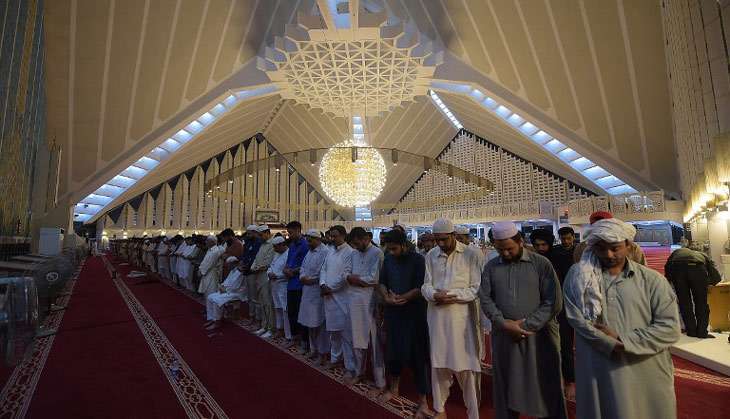
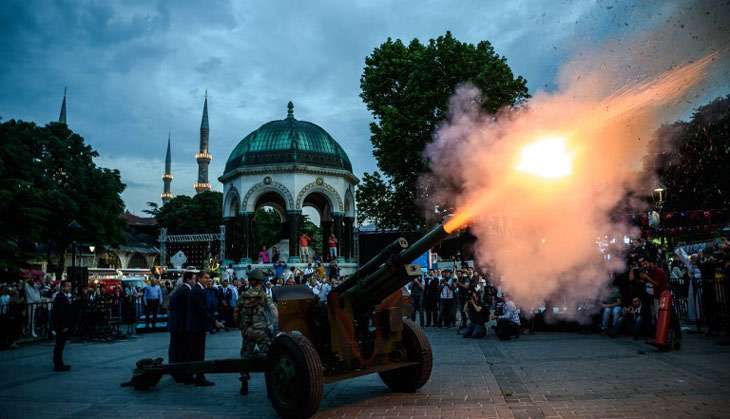
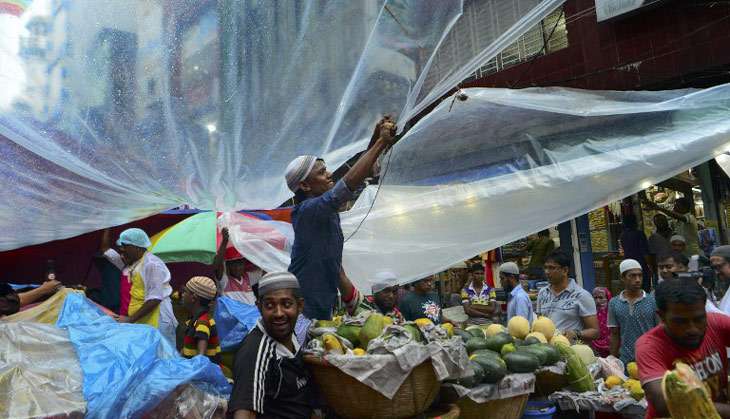
Muslims get up early for suhoor, the first meal of the day eaten just before the sun rises. Friends and families also gather at the end of the day for iftaar, the breaking of the fast, just after the sun sets.
Many break their fast as the Prophet Muhammad did around 1,400 years ago with a sip of water and dates at sunset followed by prayers.
Edited by Jhinuk Sen
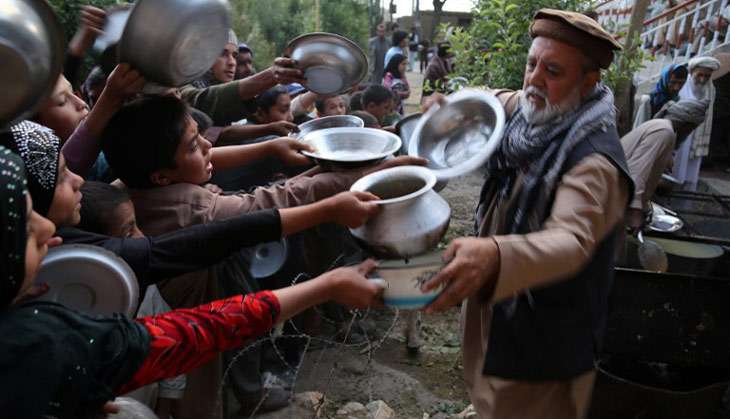
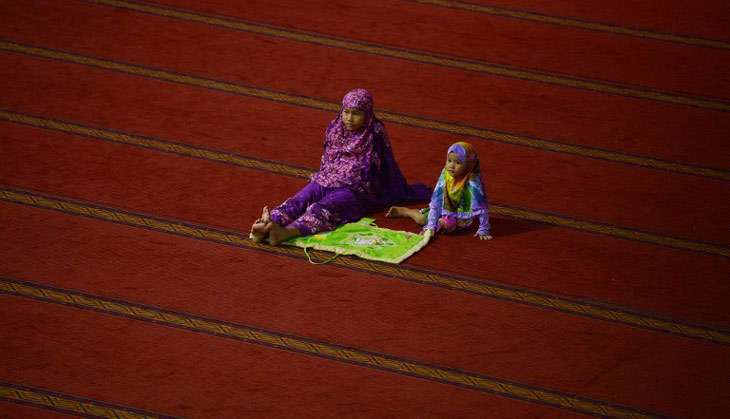
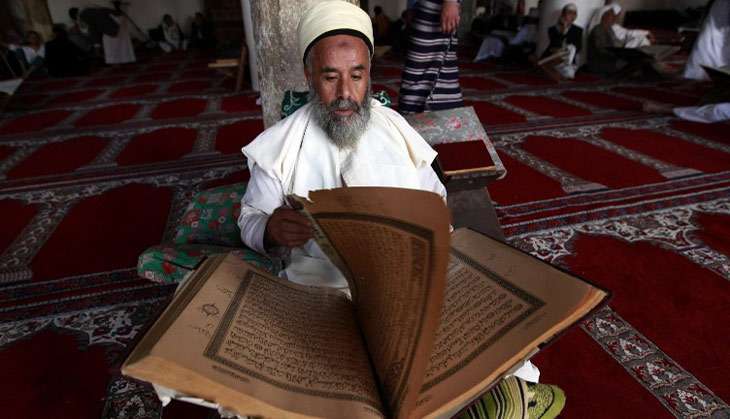
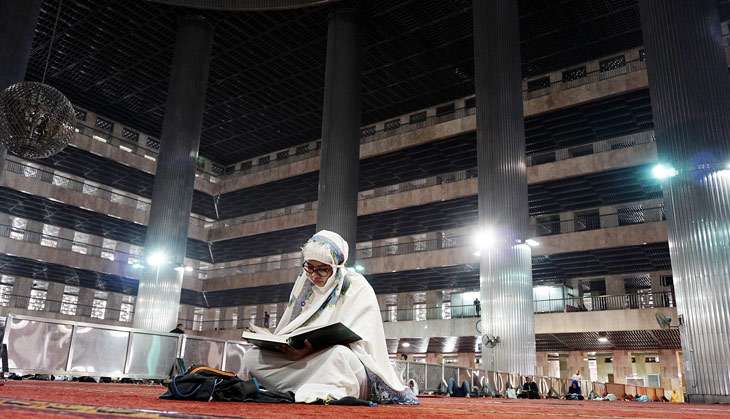
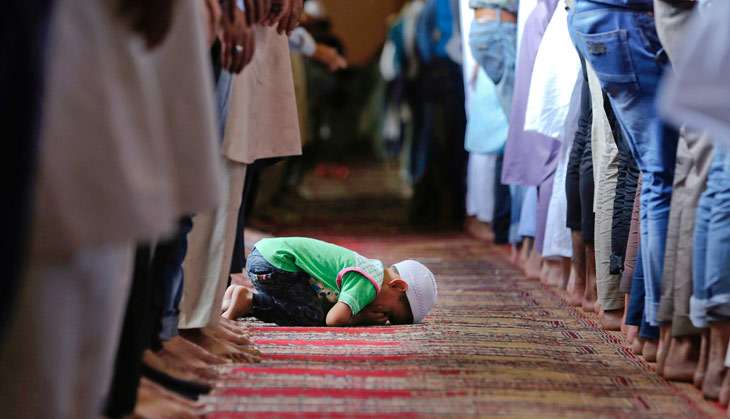
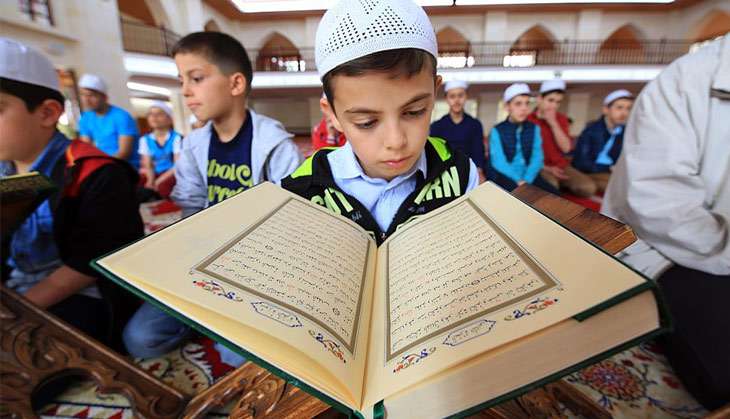
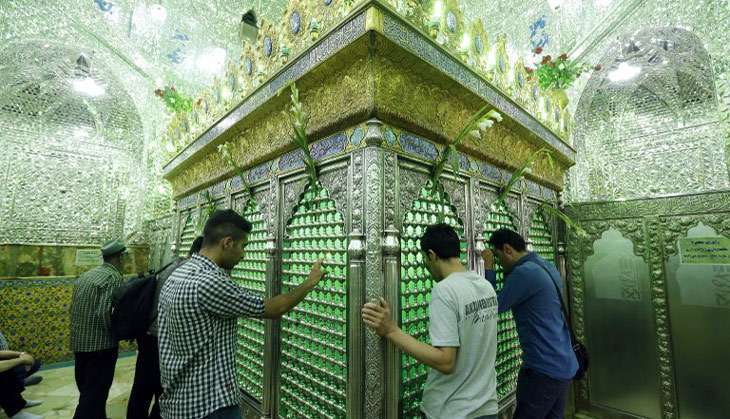

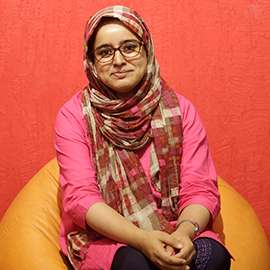





![BJP's Kapil Mishra recreates Shankar Mahadevan’s ‘Breathless’ song to highlight Delhi pollution [WATCH] BJP's Kapil Mishra recreates Shankar Mahadevan’s ‘Breathless’ song to highlight Delhi pollution [WATCH]](https://images.catchnews.com/upload/2022/11/03/kapil-mishra_240884_300x172.png)

![Anupam Kher shares pictures of his toned body on 67th birthday [MUST SEE] Anupam Kher shares pictures of his toned body on 67th birthday [MUST SEE]](https://images.catchnews.com/upload/2022/03/07/Anupam_kher_231145_300x172.jpg)






